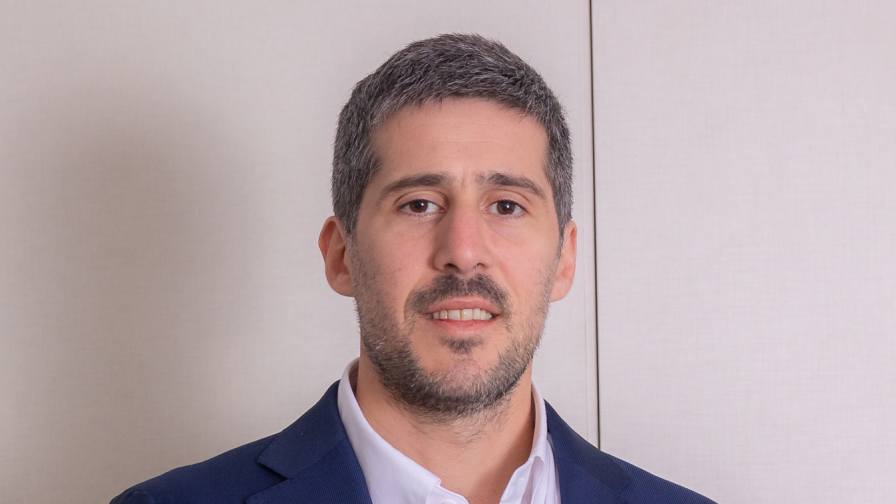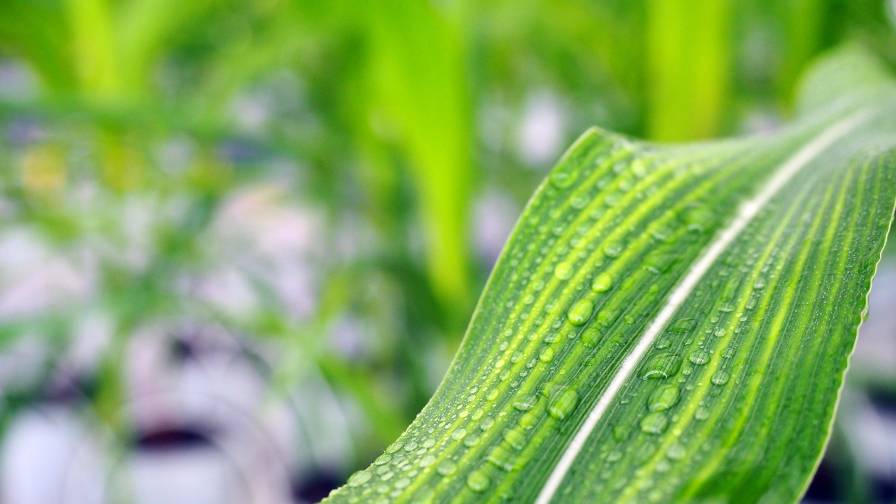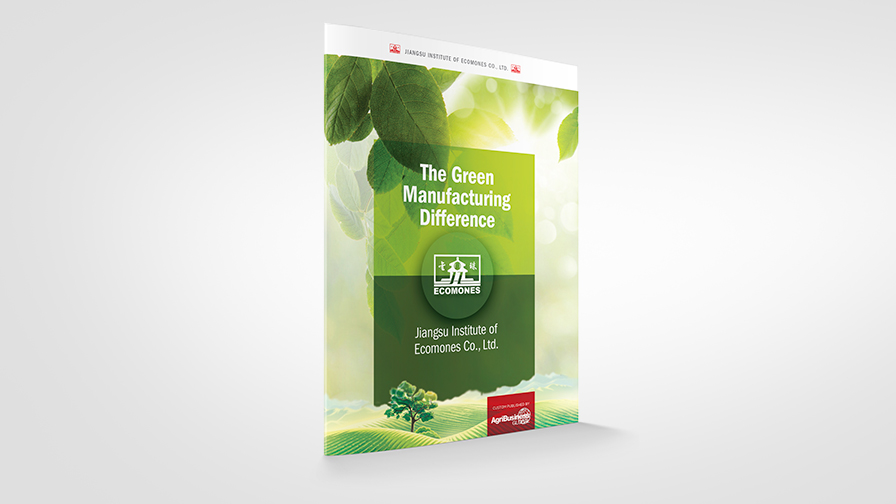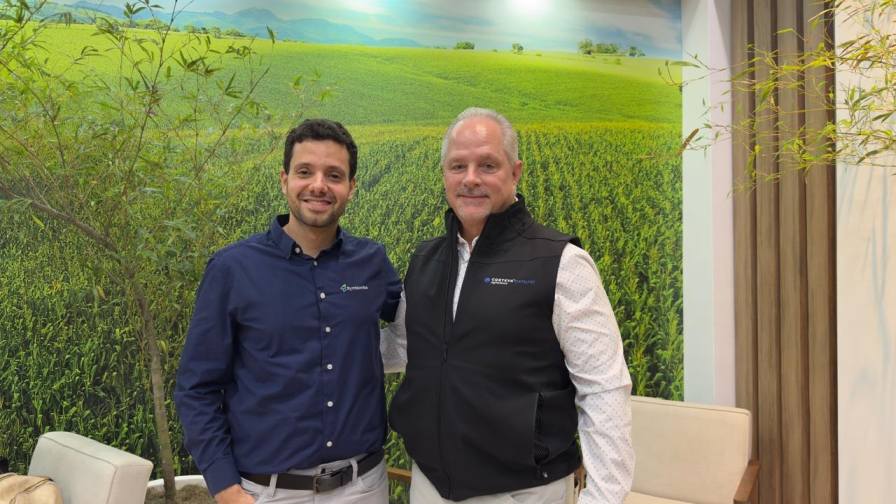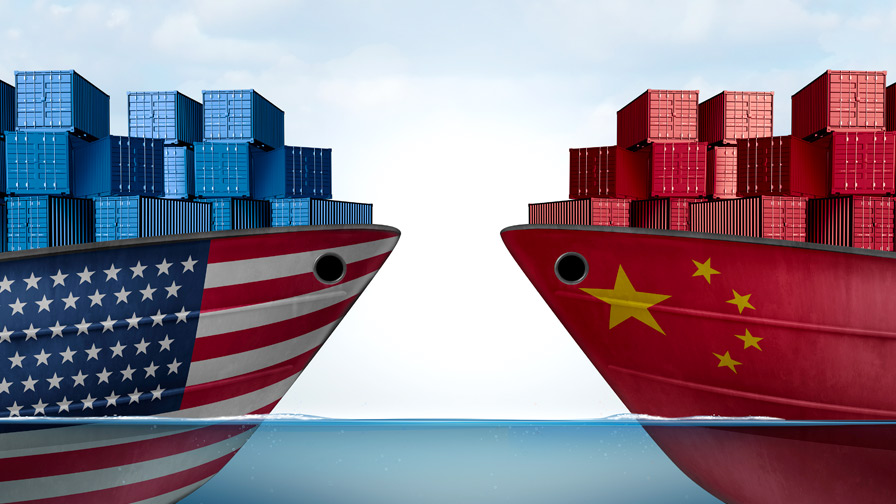The Doha Debate
In an issue of FCI eNews, the e-mail newsletter published by Farm Chemicals International, Scott Lucas posed a question about the future of the Doha Round of trade negotiations. Here are two of the responses, sent to us by Hans von Amsberg, a 50-year industry vet and retired director of R&D – North America for BASF, and Jay Vroom, president and CEO of CropLife America.
■ By Hans von Amsberg
The position of the World Bank’s Mr. Stern, who describes the damaging effects of subsidies, are understandable from the simplistic approach, if all commodities were the same. Reality is far different.
Take alone the crop of wheat, of which there are innumerable genotypes and varieties. One cannot just collectively put them into one pot. Wheat varieties in North America differ vastly from the European selections in fertility requirements, disease and drought resistance, protein quality, baking characteristics, etc. Cotton is not cotton either, which every Egyptian cotton producer will tell you. Pima cotton from California is far removed from “Bumblebee” cotton grown in Texas, in the methods of production, quality, and market destination.
There are also complex social issues, as well as national security considerations at work. Local farmers need sustainable incomes. The romantic “Sound of Music” landscape of Berchtesgaden/ Salzburg is unimaginable without cows subsidized at US $2.50 a day. Do you think Emmentaler swiss cheese would taste the same from South Africa, even though only at half the price? Let’s not forget the example of the Ecuadorian roses, where rich countries are paying a premium for a luxury item year-round. The Chilean salmon, Vietnamese shrimp, Peruvian asparagus, and Mexican veggies are good examples where the free market works well.
To another point: How much does a country want to rely on another one for its essential food supplies? Let’s make a not-too-far-fetched hypothetical. The US decides to convert all its soybean production to biodiesel, relying now entirely on Brazilian beans for its protein and oil needs. The Latin block, including Brazil, decides to give the US a lesson, and does not sell soybeans to the US unless certain conditions are fulfilled.
■ By Jay Vroom
First, some of the best decisions ever made, whether in policy or in commercial realms, are the deals people walk away from. What we are seeing is progress in the Doha effort, even if it never comes to a full and final conclusion, because trade is growing as we speak; some barriers are coming down via other trade mechanisms (bilateral agreements, etc.) and more people are engaging.
So we have little failures of deadlines missed and entities retrenching on negotiating positions. We also have progress because parties are still at the table, and disagreements over interpreting and enforcing previous policies (i.e., the Brazilian cotton case vs. the US) are being fully prosecuted. It seems to me outright failure would come only in the context of a total meltdown in Geneva and a disbanding of the WTO. No one is predicting this.
Are we, in the meantime, seeing the kind of progress we’d expected when Doha began? No. But remember, Doha was launched just weeks after the September 11 terrorist attacks on the US, so the issues of the global war on terror have overshadowed the Doha Round since the beginning. Other political disagreements also eclipsed trade, resulting in governments spending “political capital” on issues that otherwise might have been focused on trade policy.
It is important to understand that subsidies are only one aspect of the trade-enhancing policy picture. Tariffs, customs procedures, and other non-tariff barriers like sanitary and phytosanitary standards and intellectual property protections are also major components of a complete and comprehensive trade package. I doubt subsidies could end in any of our lifetimes. But they certainly are changing, might be reduced, and will be more broadly understood by real people. All of which should be a good thing — unless you are enjoying a highly protected and subsidized business!
We estimate that tariffs alone cost the global crop protection business over US $500 million per year, and in many years as much or more than US $1 billion. They also cause some companies and products to be non-competitive in significant farm marketplaces of the world.
US politics and policy have always made a larger-than-life impact on global matters, and with the US Trade Promotion Authority and the US Farm Bill up for reauthorization in 2007, and a new Congress more hostile to the Administration in place, it is likely that we and the rest of the world will take a go-slower approach to trade policy progress, at least for 2007 — and pretty likely 2008.
So patience is a virtue, and as long as we do not witness a huge wave of new trade protectionism, I think we can rest assured that the work many of us continue to do to advance trade-enhancing policies in domestic and international venues will be paid dividends in the long run. The world has a lot to lose if not.
